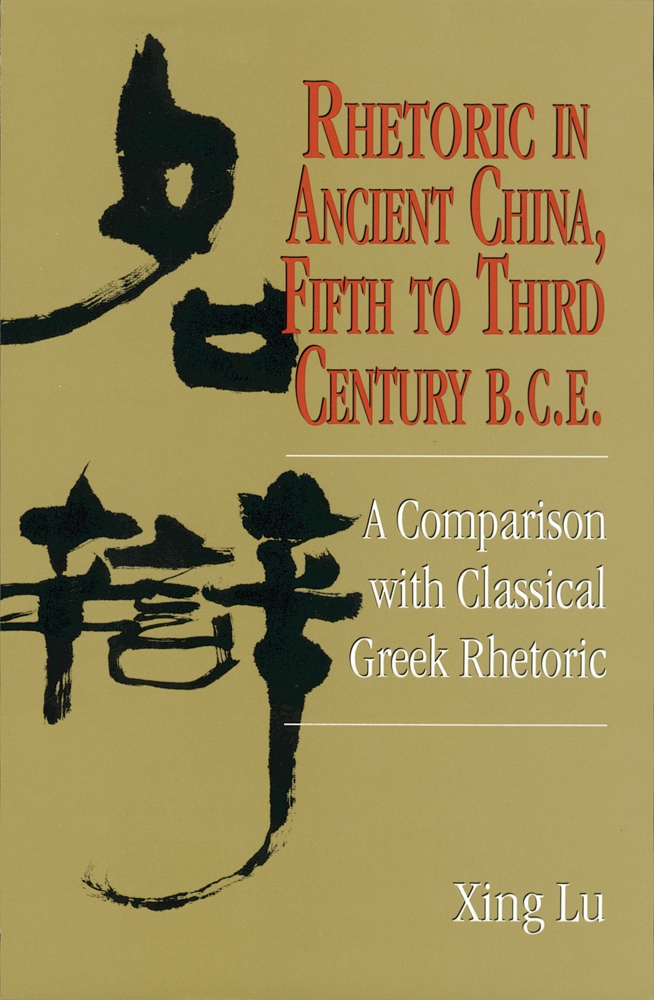Black History Month Sale: 40% off all books, plus FREE SHIPPING on all U.S. orders over $50 | Use code JBHM26

Size: 6 x 9
Pages: 376
Illustrations: 1 map
Xing Lu
The inclusion of this book in the Open Carolina collection is made possible by the generous funding of
"A useful introduction to a wealth of Chinese material of potential interest over a very broad literary, historical, and philosophical range. . . . Many Classicist readers will profit from exposure to this rich material."—Bryn Mawr Classical Review
"The author's three main aims are: first, to open up the Eurocentric canon by introducing the Chinese domain of rhetorical awareness and practices; secondly, to analyze this implicit Chinese rhetorical tradition on the basis of various uses of and statements about language; and thirdly, to initiate a cross-cultural study of rhetoric through a comparison with Western rhetorical practices."—Journal of Asian Studies
"While she skillfully explicates ancient Chinese language and persuasion theory in a way that respects its cultural specificity, Lu also manages to compare it fruitfully to classical Greek rhetorical theory in a way that illuminates both while obscuring neither. Her book is a model of careful historical reconstruction."—Edward Schiappa
Winner of the 1999 James A. Winans-Herbert Wichelns Memorial Award, National Communication Association
Copyright 2026
Website By Morweb.org